A Conservative government is an organised hypocrisy
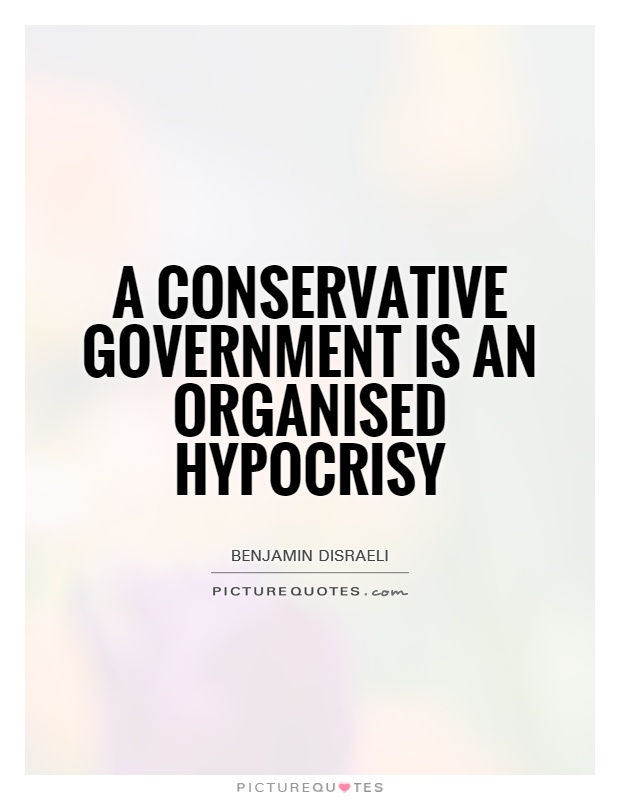
A Conservative government is an organised hypocrisy
Benjamin Disraeli, a prominent figure in British politics during the 19th century, was known for his role as a Conservative Prime Minister and his contributions to the development of the Conservative Party. He famously described the Conservative government as an "organised hypocrisy," a phrase that has since been widely debated and analyzed in political circles.Disraeli's assertion that a Conservative government is an organised hypocrisy can be interpreted in several ways. On one hand, it can be seen as a critique of the inherent contradictions and inconsistencies within conservative ideology. Conservatives often advocate for traditional values, limited government intervention, and fiscal responsibility. However, in practice, conservative governments may engage in policies that contradict these principles, such as increasing government spending or expanding the role of the state in certain areas.
Furthermore, Disraeli's statement can also be understood as a commentary on the political tactics and strategies employed by conservative politicians. In order to maintain power and appeal to a broad base of voters, conservative governments may engage in political posturing, compromise, and even deception. This can create a perception of insincerity and opportunism, leading to accusations of hypocrisy.
Additionally, Disraeli's characterization of a Conservative government as an organised hypocrisy may also reflect the challenges and complexities of governing in a democratic society. In order to navigate the competing interests and demands of various stakeholders, politicians may need to make compromises and trade-offs that can be perceived as hypocritical. This is particularly true in a two-party system like the one in the United Kingdom, where politicians must balance the demands of their party with the expectations of the electorate.
Overall, Disraeli's assertion that a Conservative government is an organised hypocrisy raises important questions about the nature of political power, ideology, and governance. While some may view this statement as a cynical assessment of conservative politics, others may see it as a recognition of the inherent contradictions and challenges of governing in a complex and dynamic society. Ultimately, the debate over the meaning and implications of Disraeli's phrase continues to shape discussions about the role of conservatism in modern politics.


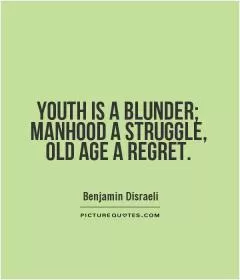



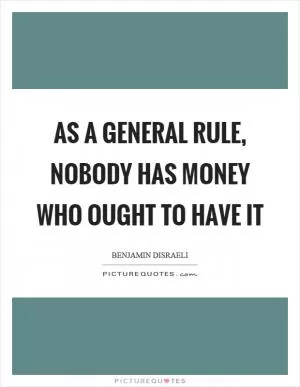
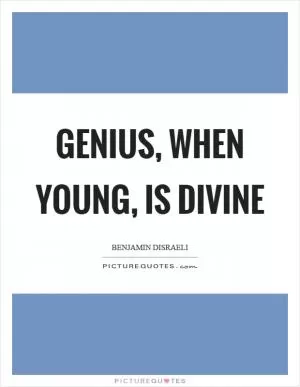
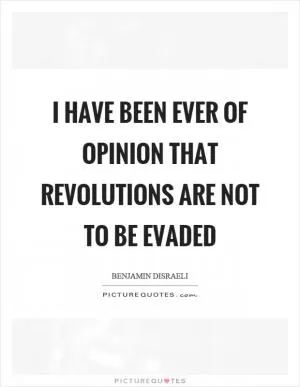

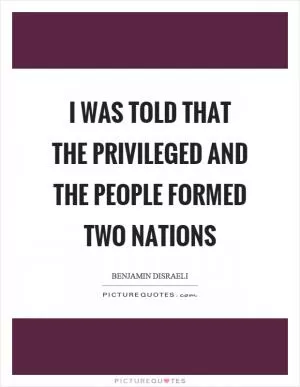

 Friendship Quotes
Friendship Quotes Love Quotes
Love Quotes Life Quotes
Life Quotes Funny Quotes
Funny Quotes Motivational Quotes
Motivational Quotes Inspirational Quotes
Inspirational Quotes